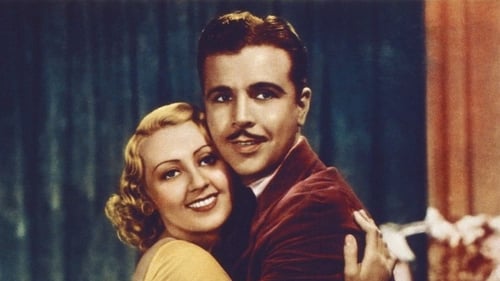
From Wikipedia, the free encyclopedia Leo Frank Forbstein (October 16, 1892 – March 16, 1948) was an American film musical director and orchestra conductor who worked on more than 550 projects during a twenty-year period. Forbstein was born in St. Louis, Missouri. He was attracted to music as a child, learning the violin at the age of four. As a conductor at the Royal Theater in St. Joseph, he synchronized the orchestra with the action in silent films; he then became principal conductor at the Newman Theatre in Kansas City, where the organist was future Warner Bros. colleague Carl W. Stalling. In the mid-1920s, Forbstein relocated to Hollywood to head the symphony orchestra at Grauman's Egyptian Theatre. He signed with Warner Bros. as one of the directors of its Vitaphone Orchestra, alongside Erno Rapee (then Warners' general music director), Louis Silvers, and David Mendoza; Forbstein's first screen credit was The Squall in 1929. In 1931, Warners dismissed Rapee and Mendoza in a consolidation and economy move and Forbstein became the company's general music director. In 1936, Forbstein and composer Erich Wolfgang Korngold were write-in candidates for the Oscar for Best Music, Score for their work on Captain Blood. The following year, he was nominated officially for The Charge of the Light Brigade and Anthony Adverse, winning for the latter. He was nominated again for The Life of Emile Zola in 1938. Forbstein was married to the former Bess Gallas from October 16, 1914 until his death from a heart attack in Los Angeles, California. They had one daughter, Harriett (born 1915), who married assistant director Melvin Dellar. Leo Forbstein was entombed in the Corridor of Immortality at Home of Peace Cemetery.
